And so House of the Dragon has come to the end of its second season. It is fair to say that, for all the intrigue and fruity British character actors on screen (first place as far as I’m concerned: the great Simon Russell Beale as Ser Simon Strong, “the only gentleman in an ungentlemanly world”), the series is still finding its feet and has yet to provide the visceral thrills that might be expected of it. As my esteemed colleague Matt McDonald described it, “the second season was basically all foreplay. The first season ended with ‘wow, they’re about to fight some dragons.’ Then this season ends after one dragon fight and the promise ‘oh wow, now they’re really going to fight some dragons.’”
There are undoubted improvements in this more confident second outing. Matt Smith smoothly steals the show as the ambitious Daemon Targaryen, the CGI is notably better than the often dodgy special effects in the original Game of Thrones — and the sex, violence and villainy admirers expect are all present and correct. At times, it has felt like an extended apology to the (many) lovers of Thrones who were bitterly disappointed by the perfunctory and muddled fan service of its dreadful final series: give us another chance and we’ll do better. Yet the jury is still out as to whether House of the Dragon is going to do a Better Call Saul and be that rare spin-off, a thing that can be compared to its illustrious predecessor, or if we’re just looking at an expensive extended exercise in marginalia.
Whatever happens, the George R. R. Martin universe continues to exert an appeal for HBO, who have heavily committed themselves to further series; Martin, in a recent interview, suggested that there are no fewer than seven spin-offs in development — and we shall see the fruits of this next year in A Knight of the Seven Kingdoms. Initial details are sketchy but I am cautiously optimistic that the series, adapted from Martin’s novella series Tales of Dunk and Egg, will concentrate less on overarching world building and more on the relationship between Peter Claffey’s “hedge knight” Ser Duncan the Tall and his squire Aegon “Egg” Targaryen. The presence of the estimable Bertie Carvel — fresh from playing Tony Blair in The Crown — as another conniving presence, Baelor “Breakspear” Targaryen is a reassuring indication that the usual Brit thespians will be doing their best, but the idea that there will be a simpler story, where you won’t need an encyclopedia to follow the relationships between the characters, is a highly welcome one.
Still, I am concerned that Martin — who, at seventy-five, has yet to complete the original Game of Thrones series of novels, making his millions of admirers fearful that it will never happen and that the show’s dismal finish will have to stand for the completion of the series — has made the understandable decision to agree to every single way of monetizing the universe that bears his name, rather than retaining tight authorial control over the other series. Anyone who has long since given up on the tiresome Star Wars extended universe will know how exhausting endless IP-exploiting landgrabs can be, and how they can cheapen the original beyond measure.
House of the Dragon is currently expected to last for four seasons, and hopefully it will end in a satisfying, original fashion. But the prospect of endless spin-offs stretching well into the 2030s and beyond is a depressing one, even if currently under-employed British and Irish actors will be eagerly contacting their agents to say, “Get me the new George R.R. Martin series, or else!” They, at least, will be delighted by the prospect for more work. The rest of us, alas, will be more sanguine.



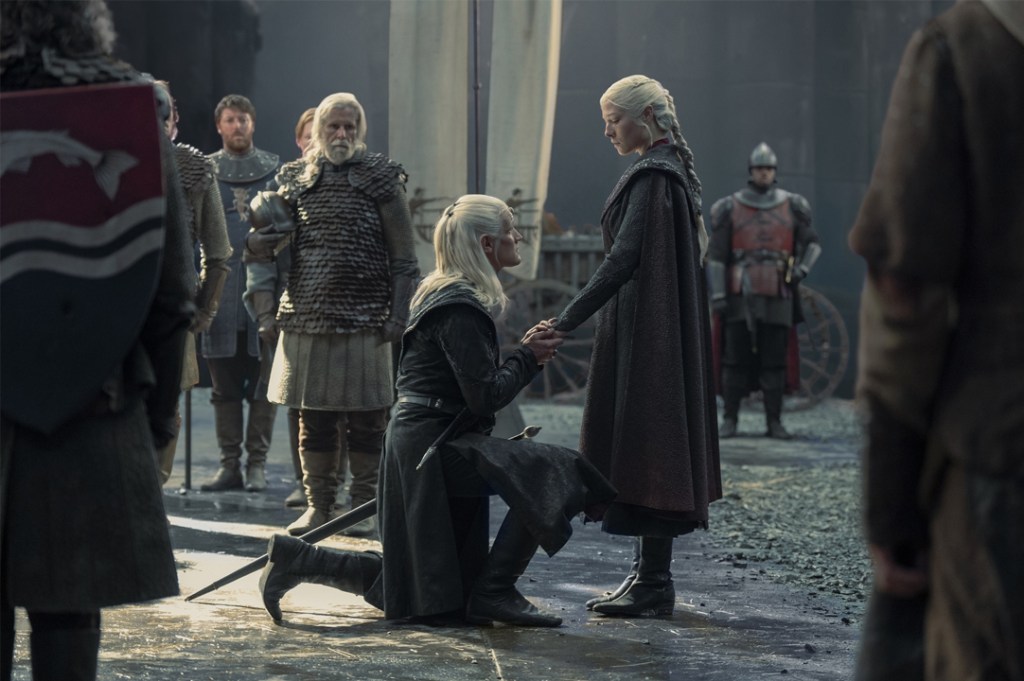








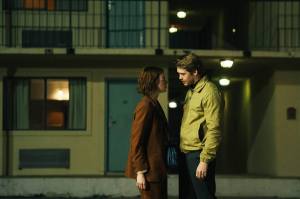

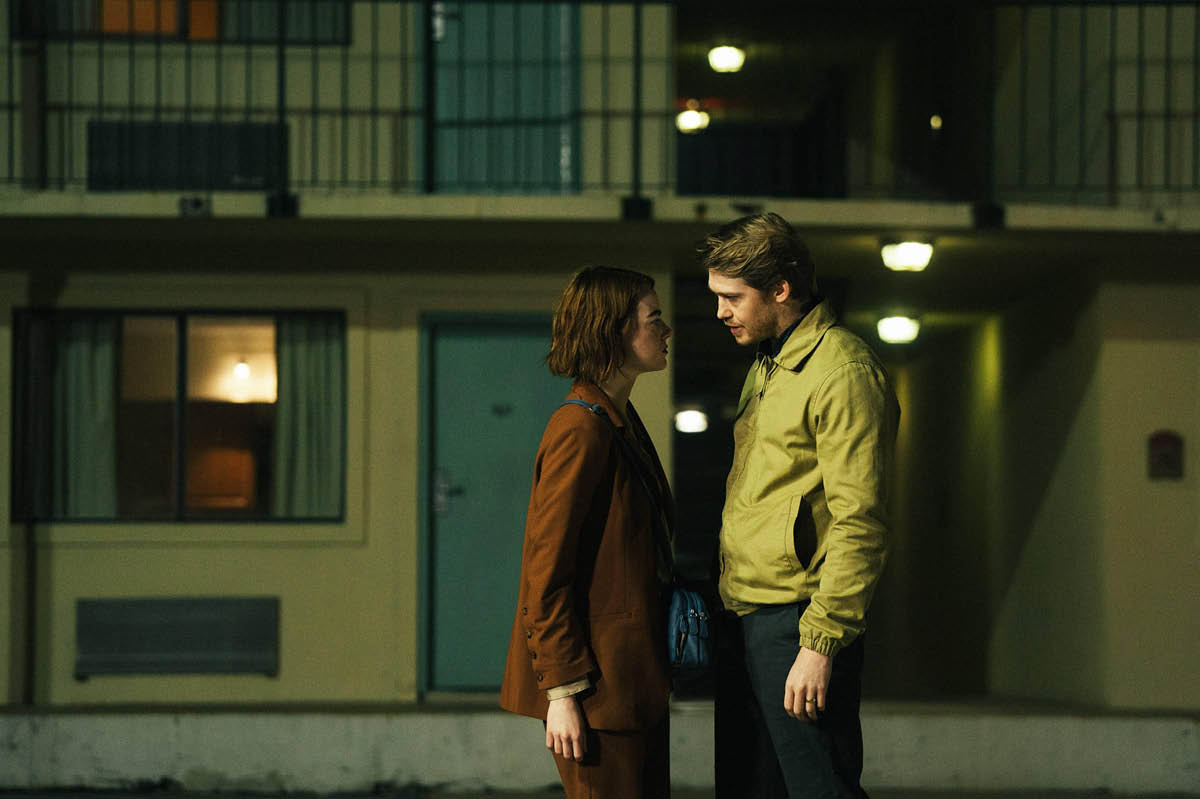
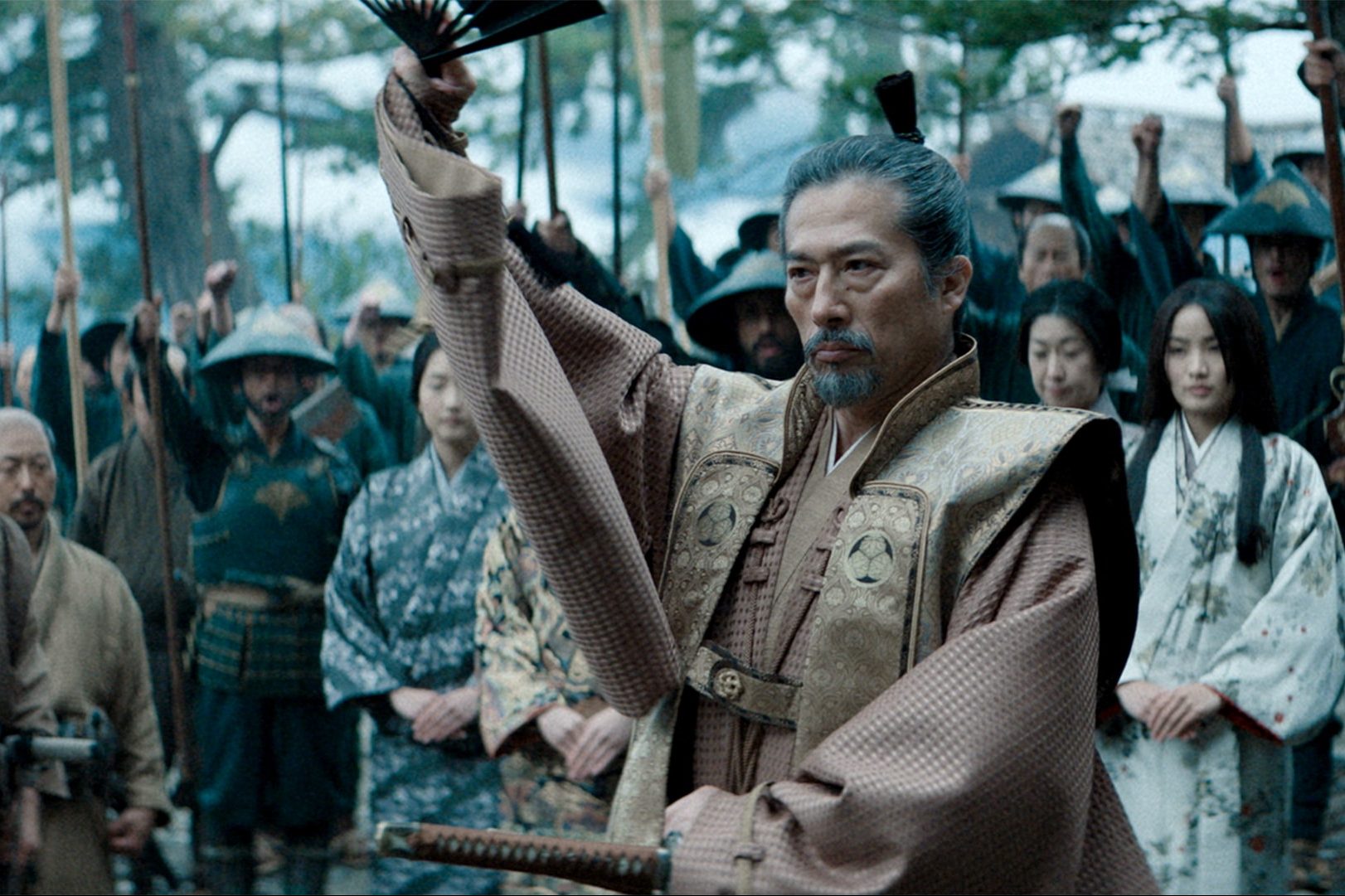
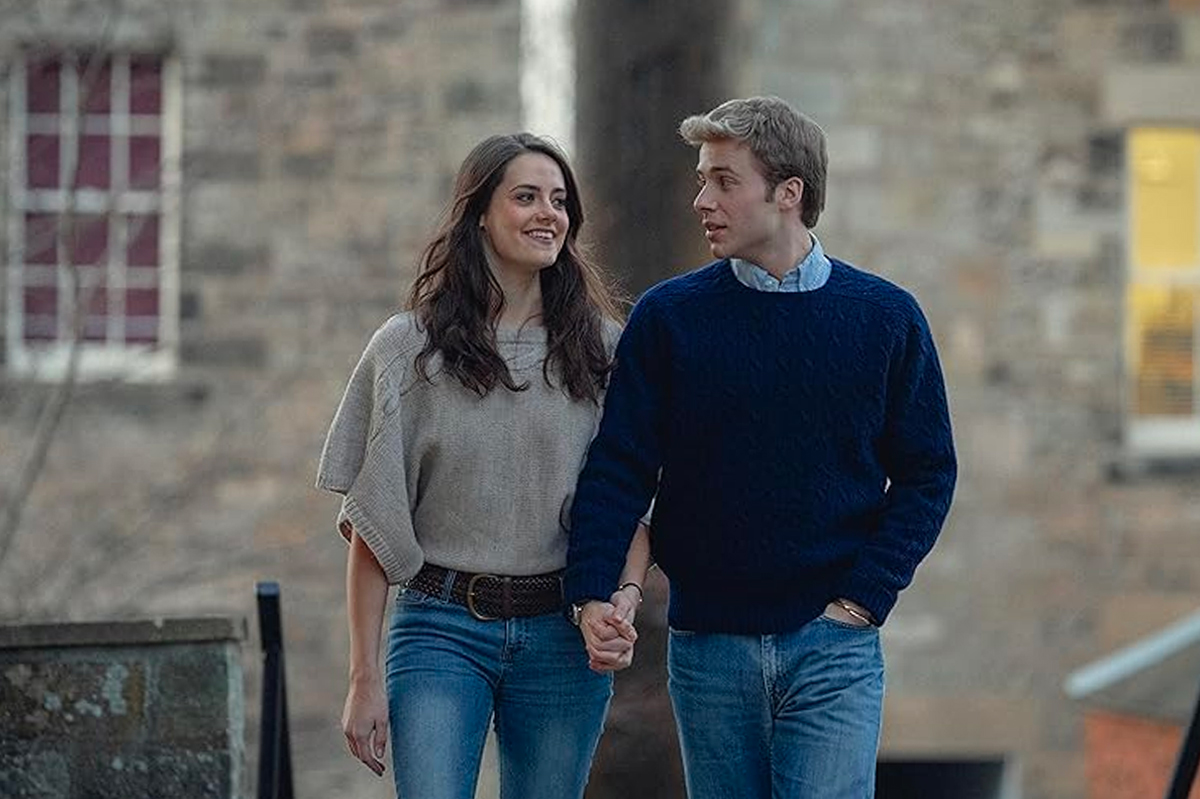









Leave a Reply